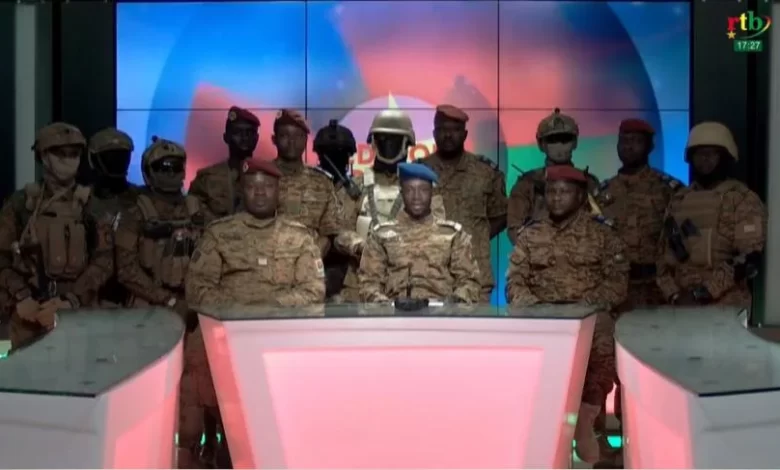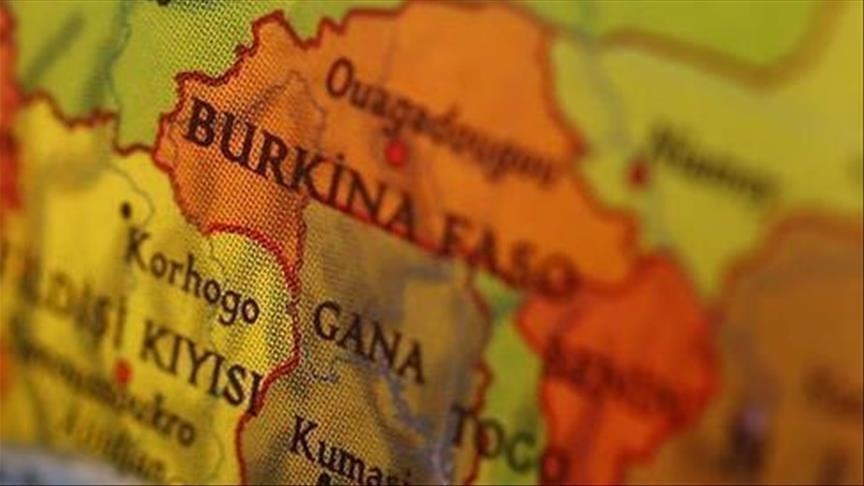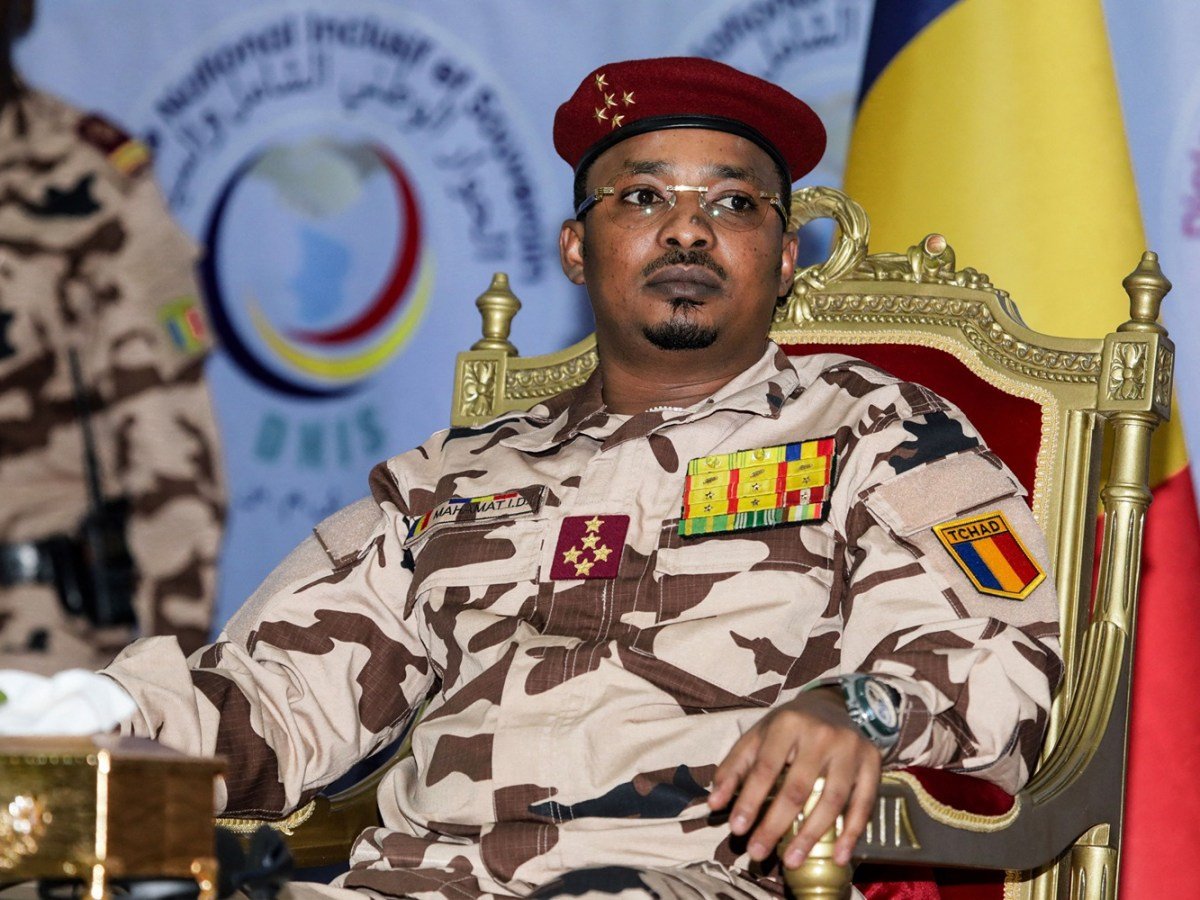Calm returned to the streets of Burkina Faso’s capital, Ouagadougou, on Saturday, the day after a coup d’état, the second in eight months, which resulted in a change at the head of this country, undermined by jihadist violence.
Lieutenant-Colonel Paul-Henri Sandaogo Damiba, who himself came to power in January following a putsch, was removed from office by soldiers and replaced at the head of the junta by Ibrahim Traoré, a 34-year-old captain.
Traffic resumed Saturday morning on the main axes of Ouagadougou, blocked Friday by soldiers, after a calm night, according to AFP.
However, an important security device still surrounded the building of the national television with several pickups and armored vehicles and many soldiers on foot or on motorcycles.
Shops and gas stations were also gradually reopening, as were some shops in the large Ouagadougou market.
In the streets, several inhabitants welcomed this new putsch in a rather positive way, claiming that Damiba has failed, betrayed citizens, and that since he came to power, areas that were at peace have been besieged.
Friday evening, after a day peppered with shooting in the district of the presidency in Ouagadougou, about fifteen soldiers in fatigues and for some hooded spoke, shortly before 8:00 p.m. (GMT and local) on the set of national radio and television.
They dismissed Colonel Damiba – whose fate remained unknown on Saturday morning – and announced the closure of land and air borders as well as the suspension of the Constitution and the dissolution of the government and the Transitional Legislative Assembly. A curfew has also been put in place from 9 p.m. to 5 a.m.
The soldiers invoke “the continuous deterioration of the security situation” in the country.
The new head of the junta, Captain Traoré, was until now the corps commander of the Kaya artillery regiment, in the north of the country, particularly affected by jihadist attacks.
“These are the same young officers who were already on maneuvers during the first coup in January. It is an intramural coup de force. Damiba was let go by his base who felt betrayed. Things will have to be refocused on the anti-jihadist fight,” political analyst Drissa Traoré told AFP.
For the time being, the new putschists have not indicated whether they intend to respect the transition timetable on which Burkina and the Economic Community of West African States (ECOWAS) had agreed. A civilian return to power was scheduled for July 2024.
Friday evening, ECOWAS, from which Burkina has been suspended since the January putsch, “condemned in the strongest terms the seizure of power by force which has just taken place”.
Colonel Damiba came to power in January in a coup that overthrew President Roch Marc Christian Kaboré, discredited by the increase in violence.
But in recent months, attacks hitting dozens of civilians and soldiers have multiplied in the north and east, where cities are now under blockade by jihadists, who blow up bridges with dynamite and attack convoys supplies circulating in the area.
Since 2015, recurrent attacks by armed movements affiliated with the jihadists of Al-Qaeda and the Islamic State group, mainly in the north and east of the country, have claimed thousands of lives and caused the displacement of some two million people.
With the two putsches in Mali in August 2020 and May 2021 and that in Guinea in September 2021, this is the fifth coup in West Africa since 2020.



